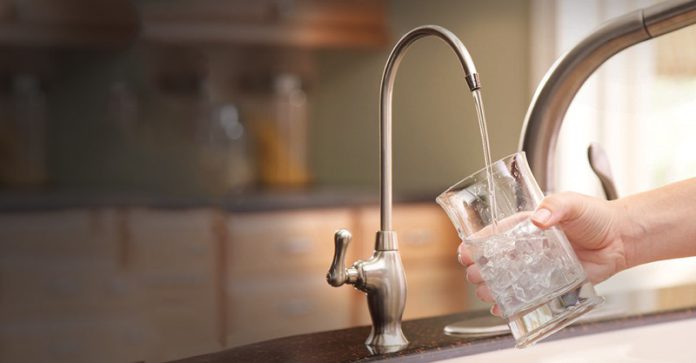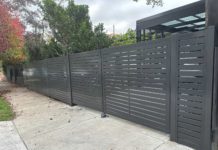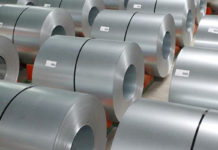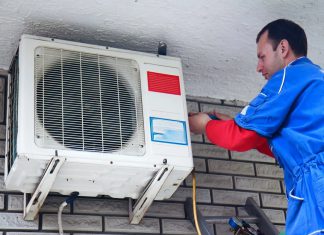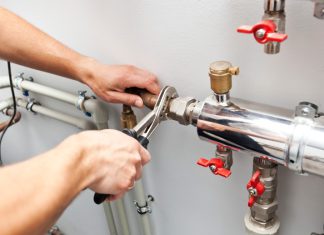Have you noticed spots on your dishes after washing them? Maybe your hands feel filmy after washing with soap and water. You might have noticed some water fixtures have slow pressure.
Many homeowners will experience these issues, and they might struggle to find a solution. Some might not even realize that these problems are connected. What do they have in common? They are all signs of hard water.
Having hard water in the home is relatively common, but it can cause all sorts of problems. While hard water is not a risk to your health, the issues associated with hard water can be a nuisance, and in many cases, it will cost the homeowner money.
What is hard water, and why is it such a problem? Read on to find out more.
About Hard Water
Water hardness is defined by the amount of mineral content dissolved in water. Most commonly, the mineral content is calcium and magnesium. When water has elevated levels of these minerals, you have hard water.
The hardness of water tends to be more of a problem for systems that use groundwater as the supply. Since the water passes through rock and soil, it can absorb more mineral content than systems that pump water from other sources.
Water hardness is often measured in mg/L. Water that is measured to be under 60mg per liter is considered soft water. From 61 to 120 mg per liter is rated as moderately hard, and from 121 to 180 mg is considered hard water. Once you get above 180 mg, you have water that is very hard.
Issues Caused by Hard Water
Hard water can cause all sorts of problems. While most people might recognize some of the symptoms, many people don’t know about all of the problems that can be caused by hard water.
According to the professionals at Apple Plumbing, a company that works on plumbing in Scottsdale, Arizona, “The problem most people notice with hard water is spots on their dishes, but it goes much further than that. Hard water is less efficient for cleaning, and it can clog and damage pipes. It can even be an issue for kitchen appliances that use water.”
Homes with hard water will have trouble when it comes to a variety of cleaning tasks. First, you will need more soap when you do things like wash clothes or dishes. Even with more soap, you can end up with spots on dishes and clothes. Your clothes might also fade faster and they might not look as clean when they come out of the washing machine.
In some homes, it can have an effect on the look, smell or taste of water. While it might not be harmful, people want water that looks, smells and tastes clean and pure.
Hard water can clog pipes and fixtures. Over time, the mineral content can build up in plumbing lines or on sinks and showers. Eventually, this will impact your water pressure. In some cases, it can get to the point where you are only getting a trickle of water from some of your fixtures.
It can also damage appliances that use water. If you have ever had to unclog your coffeemaker with mineral content, that is a result of hard water. Beyond a countertop appliance like a coffeemaker, hard water can damage dishwashers, water heaters, the ice maker in your refrigerator and more. This is one of the ways hard water will cost a homeowner money.
Water Softeners Offer an Effective Solution
Instead of addressing the issue of hard water, many homeowners just treat the symptoms. They work to unclog appliances, they use more soap when they wash, they clean the showerhead to remove mineral content, etc.
You can keep doing all of these tasks to avoid addressing the real problem, but this will be an ongoing hassle and it will continue to cost you more money.
If you have hard water, the best solution is to install a water softener. A water softener will remove some of the mineral content from your tap water. With the content of minerals like calcium and magnesium reduced, it should solve problems like spotty dishes, faded clothes and clog lines and appliances. If you are having problems with water that looks, smells or tastes bad, it should address that issue as well.
Installing a water softener to treat hard water will make your life better. It will require an investment upfront, but it will save the homeowner money in the long run. It will reduce the cost of your water bill and you won’t have to replace and repair appliances as frequently.
